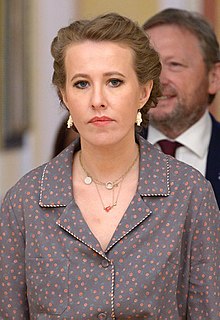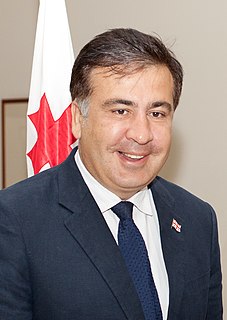A Quote by Sergei Lavrov
The jihadists come from many European countries, Russia included, and some even from the United States; hundreds of them - if you take Europe, Russia and the U.S. - are fighting in the ranks of extremist groups.
Related Quotes
It should come as no surprise that Russia continues its effort to manipulate Western democracies in a way to sow discord and disagreements between our countries in NATO and within the United States or any other Western European country. And it's something the United States obviously must be on guard against.
What Secretary Ash Carter is looking at is the constant pressure that Russia's putting on our European allies. The way that Russia is trying to move the boundaries of the post-World War II Europe. The way that he is trying to set European countries against one another, seizing territory, holding it in Crimea. Beginning to explore whether they could make some inroads in the Baltics.
The United States really only accounts for about 3 percent of the economic engagement with Russia. Europe is 40 percent, and so Europe's contribution to this pressure is far more than symbolic. It's very practical. And that's one of the many reasons why we have worked hard to remain in close coordination with our European partners.
If you want to see where Trump is moving, look at what the United States neoliberals advised Russia to do after 1991, when they promised to create an ideal economy. Russia was under the impression that the neoliberal advisors were going to make Russia as rich as the United States. What they really did was create a kleptocracy that was virtually tax-free.
It shouldn't surprise any American to know that Russia uses its money and its intelligence services to spread disinformation, use subterfuge and deception and manipulation, to try to divide political opinion within the United States, within any Western European country, or among NATO countries. That's one of the techniques that Russia has used for decades, during the Cold War and during the Putin era.
The European Union cannot be compared to the United States. America is a nation, but Europe is not. Europe is a continent of many different nations with their own identities, traditions and languages. Robbing them of their national democracies does not create a European democracy - it destroys democracy in Europe.
Some countries have a parliamentary republic, some are presidential republics and some are still monarchies, but no one sees them as not being democratic. In some countries regional leaders are appointed from the centre and in others they are elected. In Russia, the president is elected through direct secret ballot, and in the United States, the president is elected through a system of electoral colleges.






































